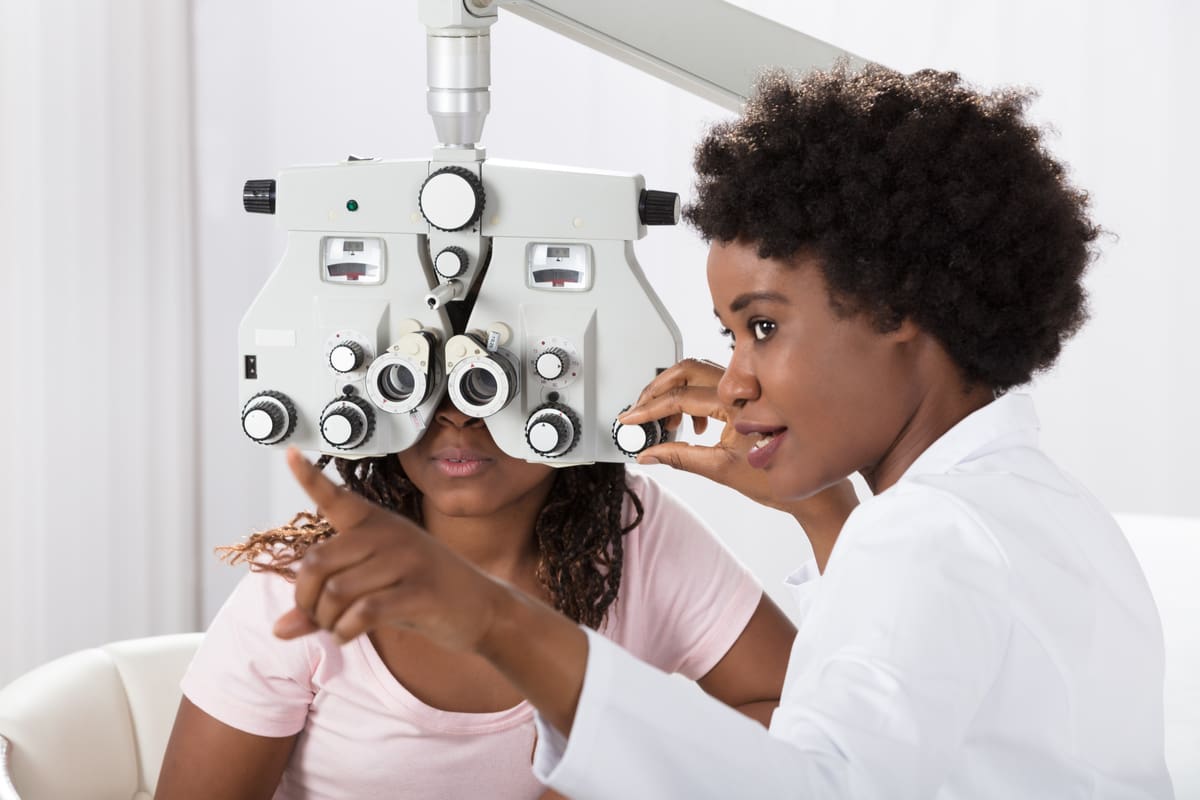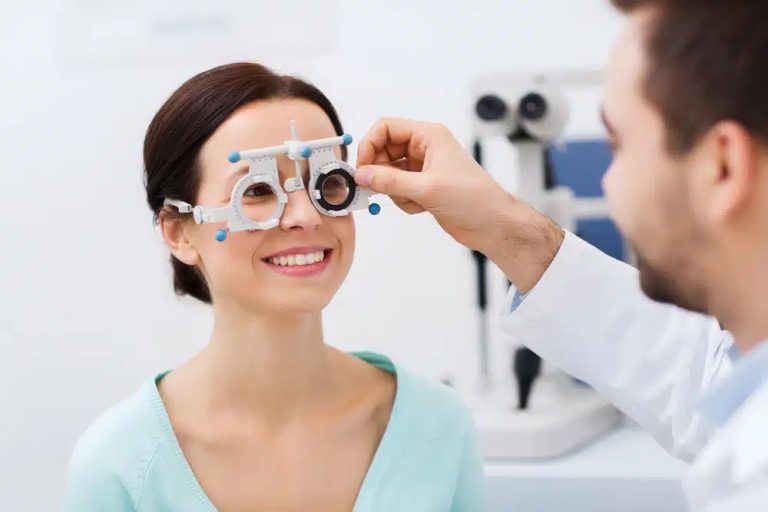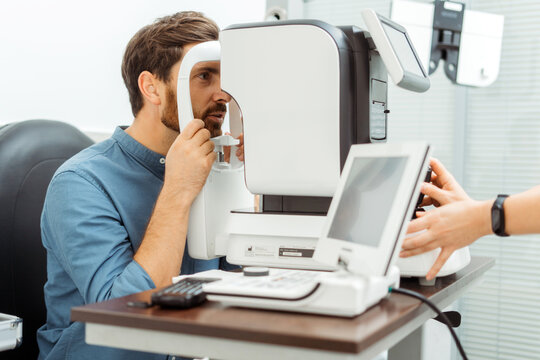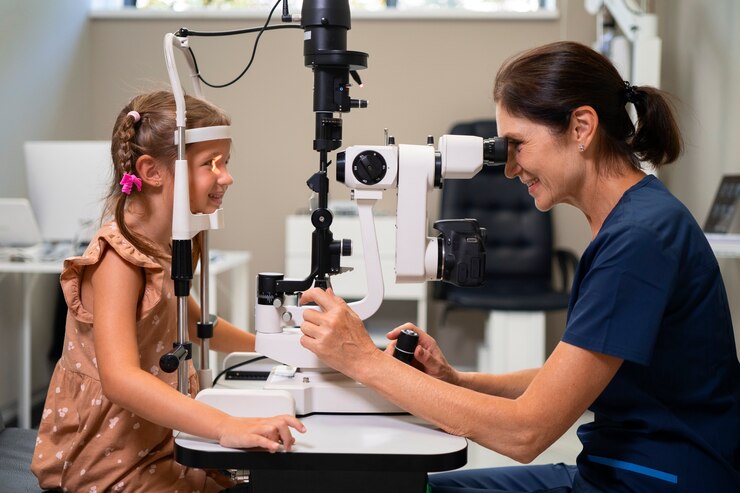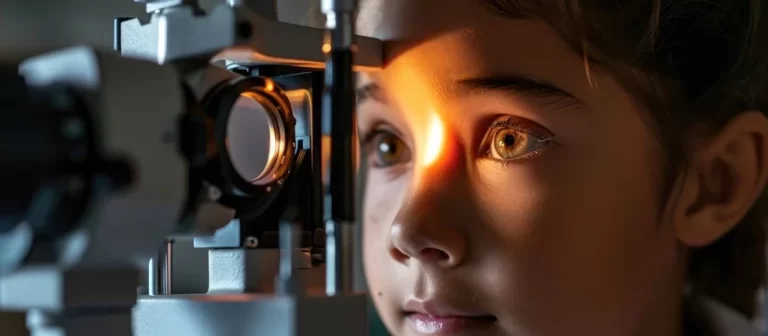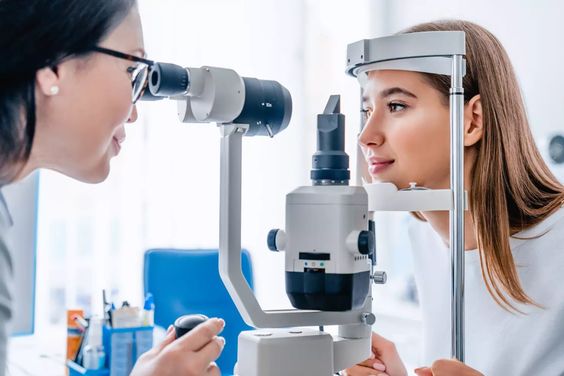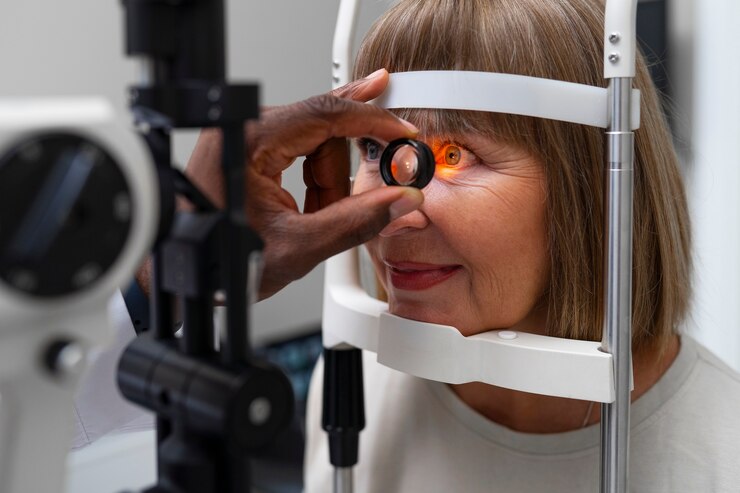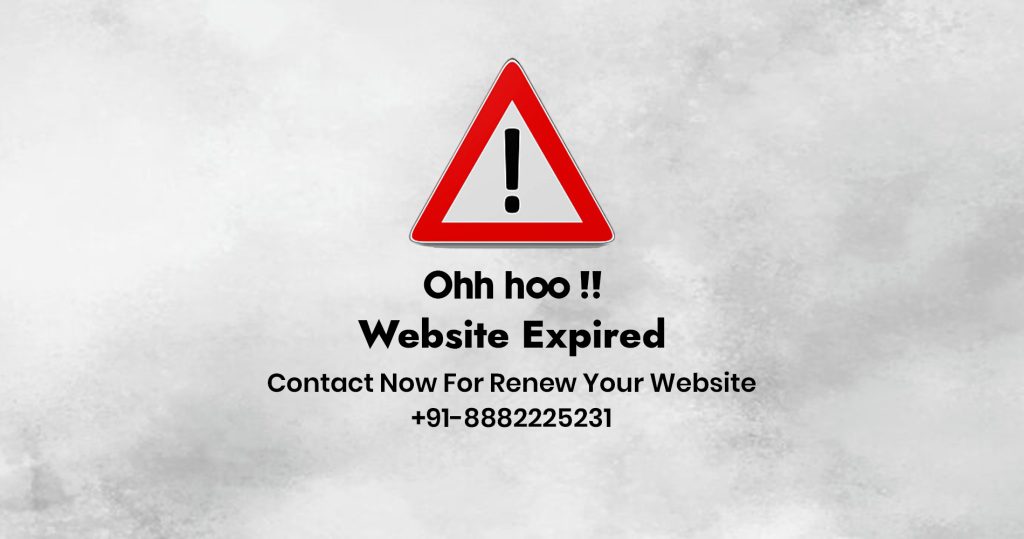How To Prepare For A Vision Test: Tips And Guidelines
Vision tests are essential for maintaining eye health and detecting any potential issues early on. Whether you’re going for a routine check-up, experiencing vision problems, or needing an eye exam for work or school, knowing how to prepare can help ensure accurate results and a smooth experience. This article provides comprehensive tips and guidelines on how to prepare for a vision test, covering what to expect, how to get ready, and the best practices for ensuring optimal results.
Understanding Vision Tests
Vision tests are a series of evaluations conducted by an optometrist or ophthalmologist to assess your eye health and visual acuity. These tests can include:
- Visual Acuity Test: evaluates your vision at different distances.
- Refraction Test: establishes your prescription for contact lenses or glasses.
- Slit-Lamp Examination: This allows the doctor to see the structures at the front of your eye.
- Tonometry: determines the intraocular pressure in your eye, a crucial parameter for glaucoma detection.
- Retinal Examination: Provides a view of the back of your eye, including the retina, optic disc, and blood vessels.
Understanding these tests helps you know what to expect and how to prepare accordingly.
Scheduling Your Appointment
When scheduling your vision test, consider the following:
- Choose the Right Time: Pick a time when you are well-rested and unlikely to be rushed. Morning appointments can be beneficial as your eyes are less likely to be strained from the day’s activities.
- Inform About Medical History: Inform the scheduler about any existing eye conditions, recent changes in vision, or medical history that could affect your eyes.
- Confirm Insurance Coverage: Check with your insurance provider to understand what is covered under your plan, including routine exams, glasses, or contact lenses.
Preparing for Your Vision Test
Proper preparation can make your vision test more effective and comfortable. Here are some key steps to follow:
Gather Necessary Information
- Medical and Vision History: Be prepared to provide a detailed medical and vision history, including any current medications, previous eye conditions, surgeries, or family history of eye diseases.
- Current Eyewear: Bring any glasses or contact lenses you currently use, including prescription details if available. This helps the doctor compare your current prescription with the new one.
Avoid Eye Strain
- Limit Screen Time: Reduce your screen time at least 24 hours before your appointment to avoid eye strain. Excessive use of digital devices can temporarily affect your vision, leading to less accurate test results.
- Rest Your Eyes: Ensure you get a good night’s sleep before your appointment. Fatigue can affect your eye muscles and visual acuity.
Dietary Considerations
- Stay Hydrated: Drink plenty of water the day before and the day of your exam. Proper hydration helps maintain the health of your eyes.
- Avoid Alcohol and Caffeine: Limit your intake of alcohol and caffeine before your test. These substances can affect your eye pressure and hydration levels.
Eye Health Maintenance
- Follow Contact Lens Guidelines: If you wear contact lenses, follow the guidelines provided by your eye care professional. Some may advise you to avoid wearing contacts for a certain period before your exam.
- Skip Eye Makeup: On the day of your appointment, avoid wearing eye makeup. It can interfere with the tests and make it difficult for the doctor to examine your eyes thoroughly.
Documentation
- Insurance Information: Bring your insurance card and any relevant information regarding your vision coverage.
- List of Questions: Prepare a list of questions or concerns you have about your vision or eye health. This ensures you don’t forget to address important topics during your appointment.
What to Expect During the Vision Test
Understanding the process of a vision test can help alleviate any anxiety and ensure you’re fully prepared.
Initial Consultation
- Medical History Review: The eye care professional will review your medical and vision history and ask about any symptoms or concerns.
- Preliminary Tests: You may undergo some preliminary tests, such as measuring your eye pressure and performing a visual field test.
Comprehensive Examination
- Visual Acuity Test: You’ll be asked to read letters from a chart at a distance. This test determines the sharpness of your vision.
- Refraction Test: The doctor will use a phoropter to determine your exact prescription for glasses or contact lenses. You’ll be asked to choose between different lens options to identify which ones provide the clearest vision.
- Slit-Lamp Examination: This test uses a special microscope to examine the front structures of your eye, including the cornea, iris, and lens.
- Tonometry: A device gently measures the pressure inside your eye to check for glaucoma.
- Retinal Examination: The doctor may use drops to dilate your pupils and examine the back of your eye. This provides a detailed view of the retina, optic disc, and blood vessels.
Post-Examination
- Discuss Results: After the tests, the doctor will discuss the results with you, including any changes in your vision or eye health.
- Prescription Update: If needed, you’ll receive an updated prescription for glasses or contact lenses.
- Treatment Recommendations: The doctor may recommend treatments or lifestyle changes to improve or maintain your eye health.
Follow-Up and Aftercare
- Schedule Next Appointment: Based on your results, the doctor will recommend when you should return for your next vision test.
- Follow Instructions: Follow any instructions given by the doctor, including wearing new prescriptions, taking medications, or making lifestyle changes.
- Monitor Your Vision: Pay attention to any changes in your vision and contact your eye care professional if you notice any issues.
Conclusion
Preparing for a vision test involves more than just showing up at your appointment. By taking the time to gather necessary information, avoiding eye strain, maintaining good eye health, and understanding what to expect, you can ensure accurate results and a thorough assessment of your eye health. Regular vision tests are crucial for detecting potential problems early and maintaining optimal vision throughout your life. Follow these tips and guidelines to make your next vision test a smooth and successful experience.
For any further queries, Plz visit drvivekgarg. in
